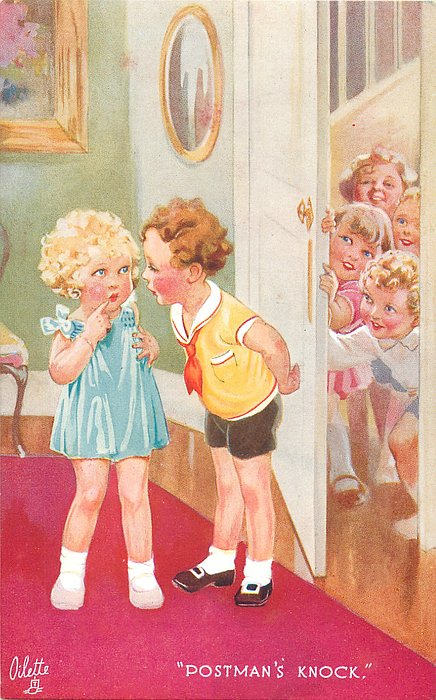Like the other books in the series, this novel is set in Bootle. Bootle is a town in the Metropolitan Borough of Sefton, Merseyside.
The cottage where Eileen lives is in Melling. Melling is a village and civil parish within the Metropolitan Borough of Sefton.
Jess lives with her husband in Burtonwood. Burtonwood is a village in the civil parish of Burtonwood and Westbrook, in the Borough of Warrington, Cheshire, England. Within the boundaries of the historic county of Lancashire, the name Burtonwood is known worldwide as the location of the former RAF Station Burtonwood military camp.
The Seven Streets of Liverpool, which is the title of the book, refer to the original seven streets. Liverpool's seven streets were Bank Street (now Water Street), Castle Street, Chapel Street, Dale Street, Juggler Street (now High Street), Moor Street (now Tithebarn Street) and Whiteacre Street (now Old Hall Street).
When Phyllis is invited to a party, she hopes to play Postman's Knock, which is a children's kissing game. ne person chosen by a group to be the "postman" goes outside and knocks on the door. Another person is chosen by the rest of the group to answer the door, and pays for the "letter" with a kiss.
The characters mention Ronald Ross, the first British person win a Nobel Prize. Sir Ronald Ross (13 May 1857 – 16 September 1932) was a British medical doctor who received the Nobel Prize for Physiology or Medicine in 1902 for his work on the transmission of malaria, becoming the first British Nobel laureate, and the first born outside Europe.
Brenda and Sheila take the children to Sefton Park for a picnic. Sefton Park is a public park in south Liverpool.
Beverley is where Phyllis comes from. Beverley is a market town and civil parish in the East Riding of Yorkshire.
There are naturally references to the war.
The end of the war starts with D-Day. The Normandy landings were the landing operations and associated airborne operations on Tuesday, 6 June 1944 of the Allied invasion of Normandy in Operation Overlord during World War II.
In London the bombings continued, and in 1944 the Nazis used pilotless planes which were named doodlebugs.
In 1945 Hitler and Eva Braun committed suicide. Adolf Hitler, chancellor and dictator of Germany from 1933 to 1945, committed suicide via gunshot on 30 April 1945 in the Führerbunker in Berlin after it became clear that Germany would lose the Battle of Berlin, which led to the end of World War II in Europe. Eva Braun, his wife of one day, also committed suicide by cyanide poisoning.
Pearl Street celebrated VE day. Victory in Europe Day is the day celebrating the formal acceptance by the Allies of World War II of Germany's unconditional surrender of its armed forces on Tuesday, 8 May 1945; it marked the official end of World War II in Europe in the Eastern Front, with the last known shots fired on 11 May.













No comments:
Post a Comment